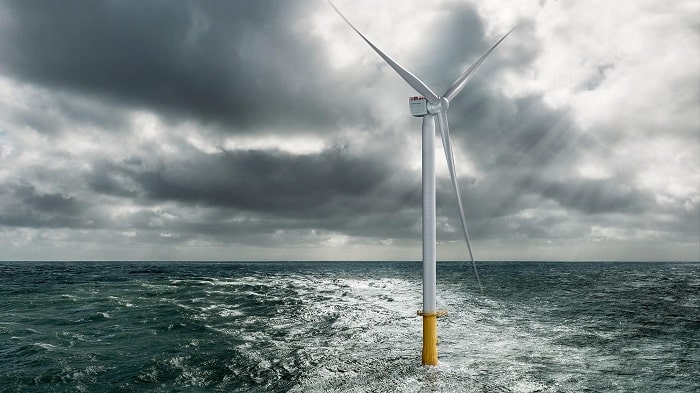Siemens Gamesa Renewable Energy has become the first wind turbine manufacturer to attain an investment grade rating. The company obtained a BBB- long-term credit rating, with positive outlook, from Standard & Poor’s (S&P), and a Baa3 outlook stable rating from Moody’s. Siemens Gamesa has debuted in the public rating arena within investment grade.
S&P highlighted Siemens Gamesa’s leading position in the competitive and consolidating onshore and offshore wind markets with an improved scale, installed base and technology, which should help the group to increase market share and lead market consolidation. The rating agency also underlined the company’s conservative financial management and transparent financial policy, with a strong balance sheet, which enable it to preserve strong credit metrics and liquidity.
Moody’s also said that the rating is primarily supported by Siemens Gamesa’s leading market position, its high revenue visibility, as evidenced in the order book, its technological edge over its competitors, as well as the related and growing service activities, good regional diversification and moderate financial leverage.
David Mesonero, Chief Financial Officer of Siemens Gamesa, commented: ” We are very proud to have achieved an investment grade rating from two agencies of the calibre of Standard & Poor’s and Moody’s. This is a significant milestone for Siemens Gamesa and a recognition of our achievements. The ratings confirm our financial and industrial strength and will enable us to continue diversifying and optimising our funding sources.”
About Siemens Gamesa Renewable Energy
Siemens Gamesa is a global leader in the wind power industry, with a strong presence in offshore, onshore and services. Through its advanced digital capabilities, the company offers one of the broadest product portfolios in the industry as well as industry-leading service solutions, helping to make clean energy more affordable and reliable. With over 90 GW installed worldwide, Siemens Gamesa manufactures, installs and maintains wind turbines, both onshore and offshore. Its backlog stands at €23 billion.





































